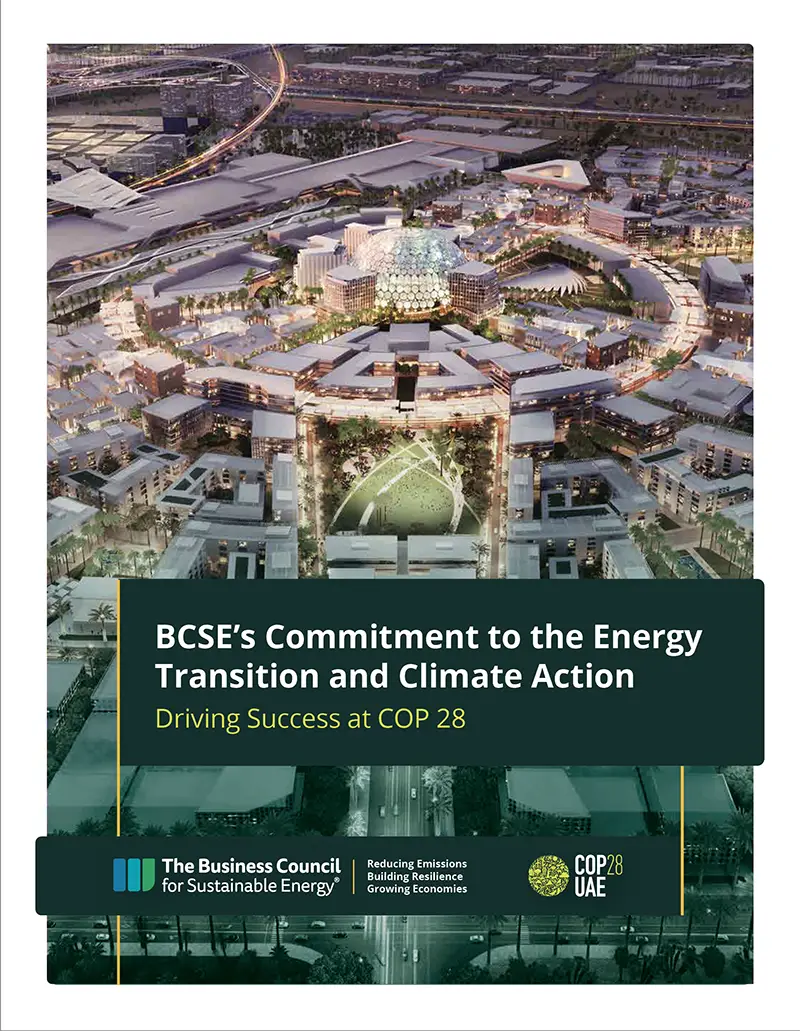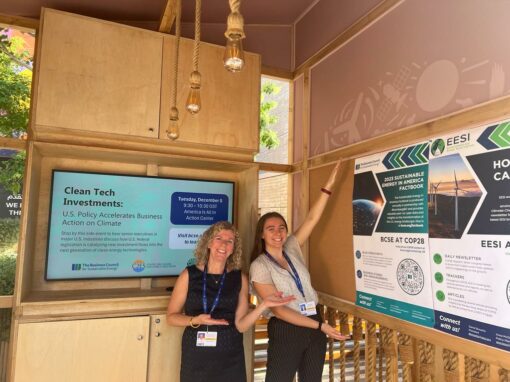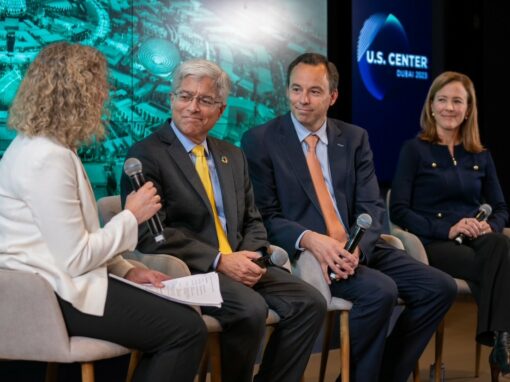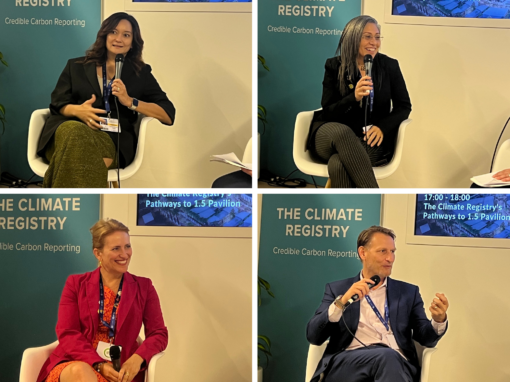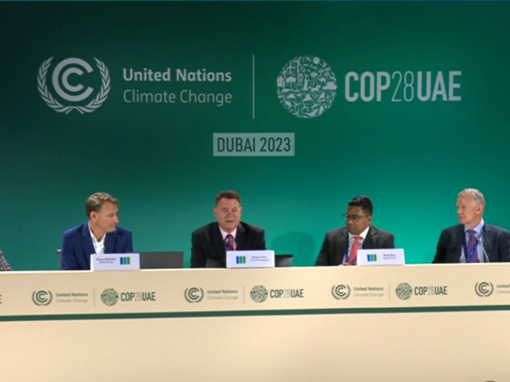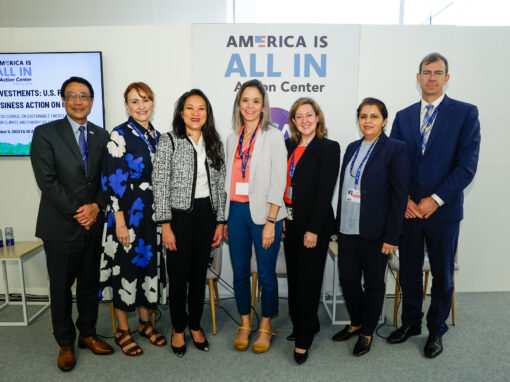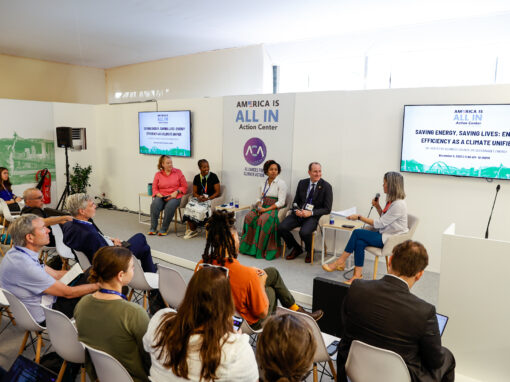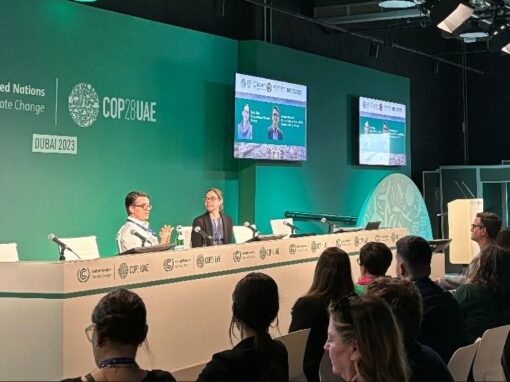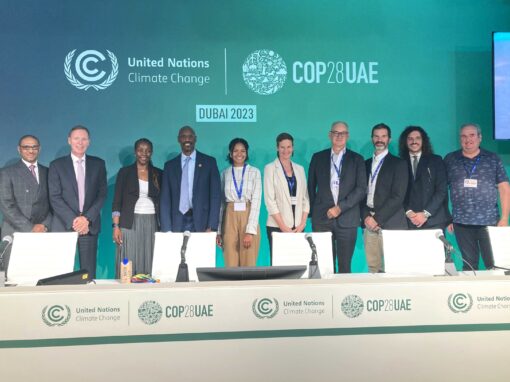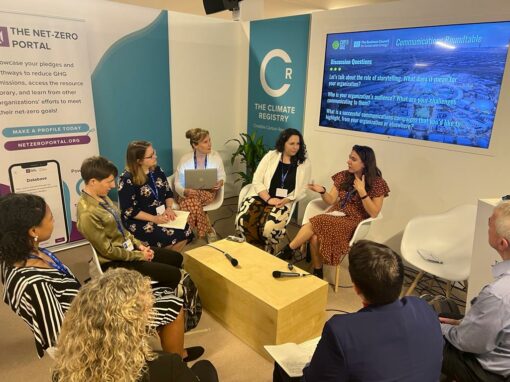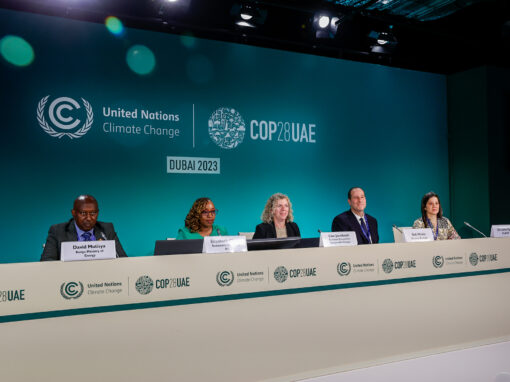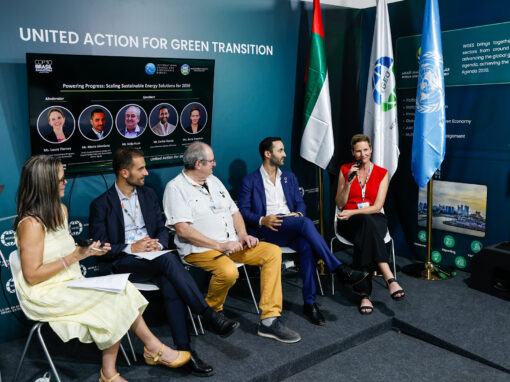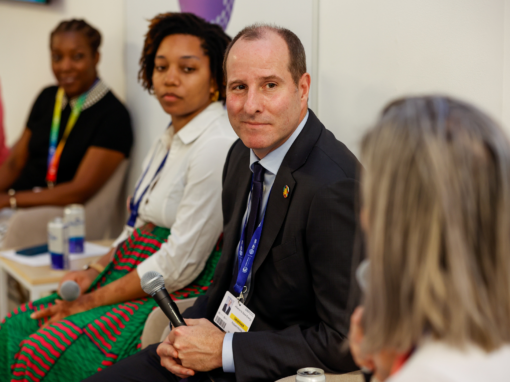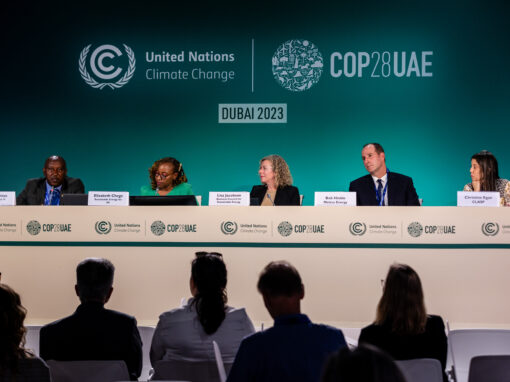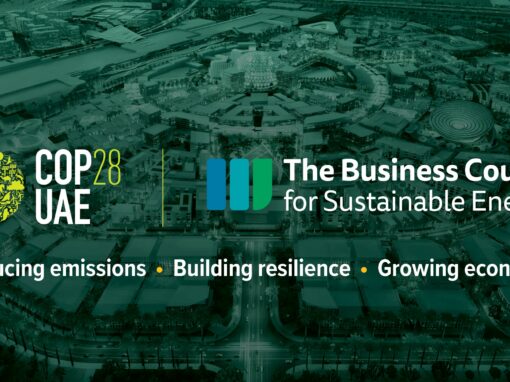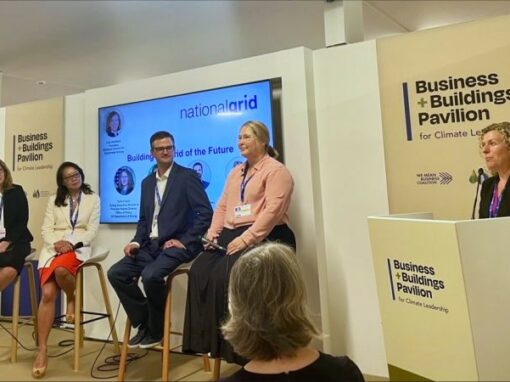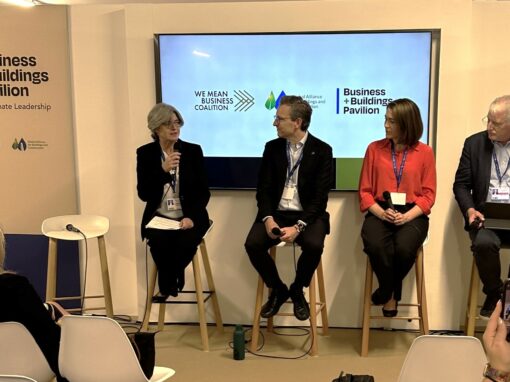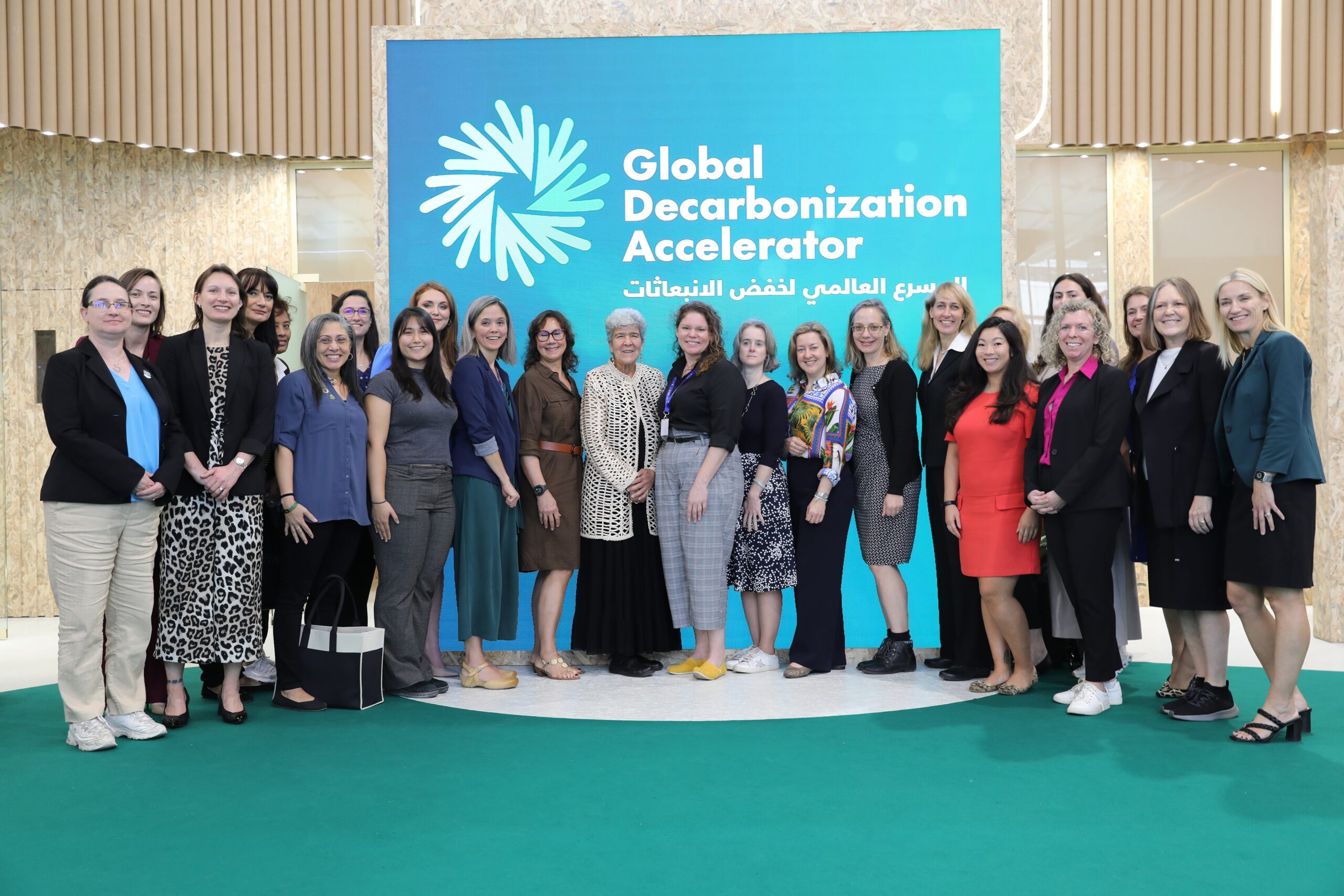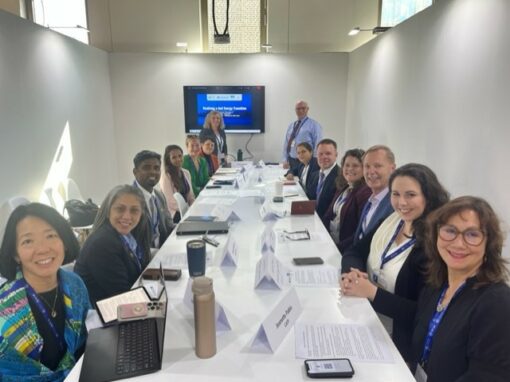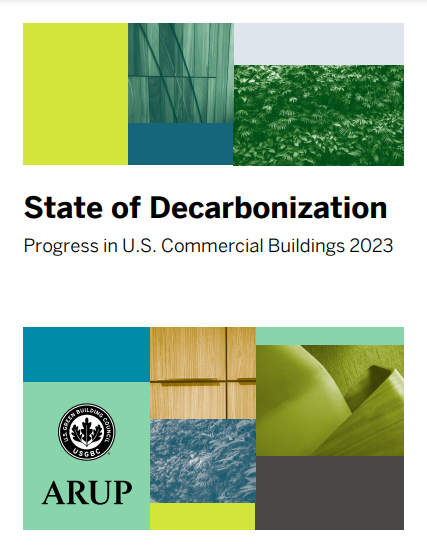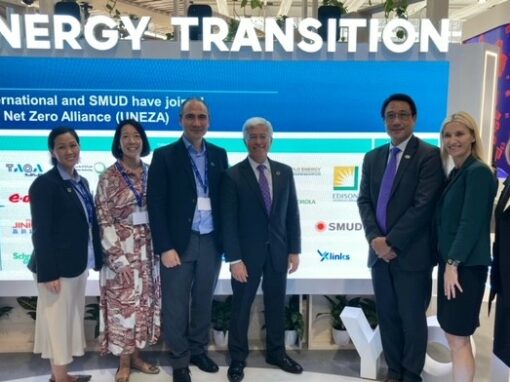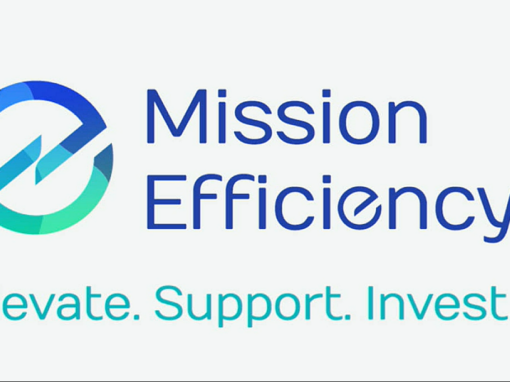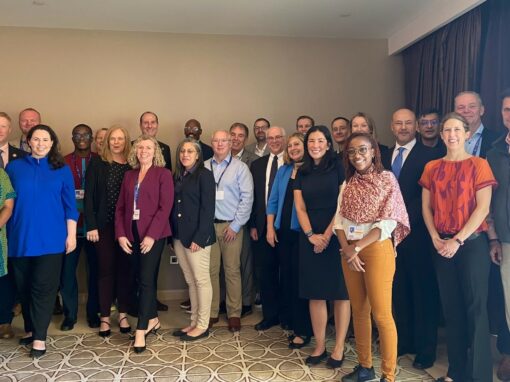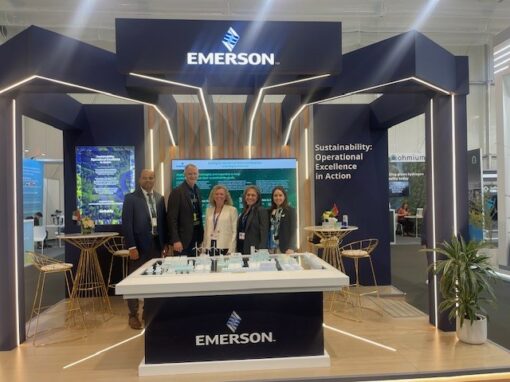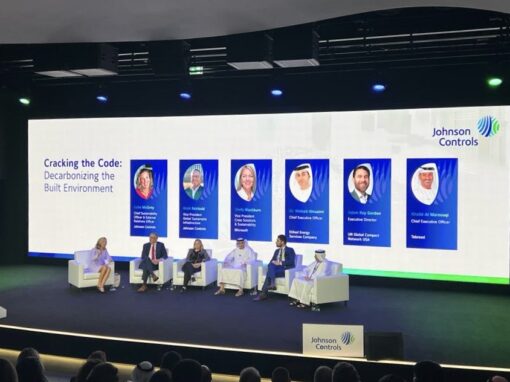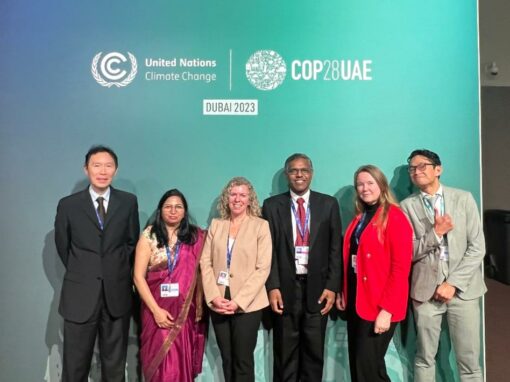Reducing Emissions. Building Resilience. Growing Economies.
The Business Council for Sustainable Energy at COP 28
Reducing Emissions. Building Resilience. Growing Economies.
The Business Council for Sustainable Energy (BCSE) – a coalition of clean energy companies and associations, with a sector focus on energy efficiency, natural gas, and renewable energy – joins the 28th Conference of the Parties (COP 28) to the United Nations Framework Convention on Climate Change in Dubai, U.A.E. and brings a delegation of executives from the private sector that innovate, finance, and deploy technology solutions and systems that reduce greenhouse gas emissions, enhance resilience, and drive economic growth. BCSE’s COP delegation includes executives from the energy efficiency, energy storage, natural gas, renewable energy, sustainable transportation, and emerging decarbonization technology industries.
Back to Top
BCSE’S Commitment to the Energy Transition and Climate Action
At COP 28, our collective and full attention needs to be forward-looking and focused on delivering a near-term roadmap that can get us back on track to meeting the Paris Agreement’s goals. Learn more about BCSE’s COP 28 objectives in our position paper.
Download the COP 28 Position Paper
Frequently Asked Questions
Who is in the BCSE Delegation to COP 28?
See this list of more than 35 companies, organizations, and partners that are a part of BCSE’s delegation to COP 28.
What are BCSE’s objectives for COP 28?
At COP 28, the BCSE coalition is committed to work with governments, businesses, and stakeholders to:
- Support a Paris Agreement global stock take (GST) outcome that presents a positive, credible, and ambitious pathway for the global energy transition. This energy transition roadmap should aim to increase the share of renewables, invest heavily in energy efficiency, and create new pathways for emerging decarbonization technologies. Such technologies include carbon capture and storage, energy storage, hydrogen, renewable natural gas, sustainable transportation solutions, and more. See below for more on the Global Stock Take.
- Identify ways to optimize technology deployment and public and private international finance flows to unlock bottlenecks in the energy transition and to increase readiness and resilience of communities, especially those most vulnerable to climate impacts. See below for more detail on finance flows and the energy transition.
- Have critical conversations about implementation of climate solutions – the challenges and opportunities faced by the private sector – to build trust and pathways forward on equity, community engagement, economic development, and transparency and reporting.
Learn more in BCSE’s COP 28 position paper.
Why does BCSE attend the annual Conference of the Parties (COP)?
Established in 1992 in advance of the first Earth Summit or United Nations Conference on Environment and Development (UNCED), BCSE has been an accredited business observer to the United Nations for more than 30 years.
BCSE has led a delegation to each of the three UNCED Summits (1992, 2002, 2012) and has had a presence at nearly all the United Nations Framework Convention on Climate Change (UNFCCC) annual Conference of the Parties (COP) sessions and most inter-sessional meetings.
BCSE attends the COP with these guiding objectives to:
- Ensure a broad portfolio of decarbonizing clean energy and energy efficiency solutions are utilized to close the global emissions gap and to meet national mitigation and adaptation goals.
- Share implementation experiences, challenges, and opportunities – from community engagement to technology deployment – with governments and stakeholders.
- Discuss the important role of policy certainty, market-based mechanisms, finance, capacity building, technology transfer, monitoring, reporting and verification, and partnership with the private sector to foster greater climate action.
What is a typical day-in-the life at COP for BCSE?
The day for BCSE begins with preparation and review of the latest news out of COP and the UNFCCC Daily Program, as well as a check-in at the daily business and industry NGO (BINGO) briefing hosted by the International Chamber of Commerce to get oriented for the day.
Throughout the two weeks of COP, BCSE’s delegation works to support the international negotiations by advocating for ambitious global commitments to advance the clean energy transition, and demonstrating to countries and civil society the solutions the private sector can provide. Members of BCSE’s delegation provide clean energy, energy efficiency, and decarbonization technologies and services that help countries and communities reduce global greenhouse gas emissions, increase resilience, and meet their climate action goals. Learn more about BCSE’s advocacy objectives at COP 28 here.
Although day-by-day schedules vary, BCSE’s delegation engages in this advocacy at COP by:
- Meeting with U.S. and foreign national and sub-national governments to share the importance of using policy tools to broaden the market for clean energy and demonstrate how the private sector can help the public sector achieve its climate mitigation and adaptation goals.
- Meeting with U.S. and international civil society stakeholders to listen and learn and to identify ways to work together to accelerate the energy transition.
- Convening global clean energy advocates to discuss strategies for advancing the clean energy transition.
- Connecting our members to share their business views at side events, exhibits, press conferences, and other events held in the blue zone.
- Attending conferences held outside of the blue zone to network and share our views.
What is the energy transition?
The energy transition is an economic opportunity to shift how we generate and consume energy from high-emission to low- and zero-emission resources. The clean energy and energy efficiency technology solutions needed to do so are available today.
BCSE advocates for the deployment of a broad portfolio of solutions that can be adjusted for regional or local circumstances. We are in a critical stage of implementation, of aligning market and policy signals to deploy and build a positive feedback loop that ensures both political and public support for greater investment and growth.
The tricky part is that the transition takes time. The good news is that the pace is picking up, even though some may feel it is not fast enough. The reality is that all energy sources need to adapt and evolve if we are to meet our shared decarbonization goals. Communities that are impacted need to be involved in the planning and implementation of the transition. The private sector cannot go it alone.
BCSE works through its advocacy to share the realities of the various layers of the energy transition that need alignment. BCSE’s annual and free publication produced with BloombergNEF, the Sustainable Energy in America Factbook, chronicles the pace of the transition in the United States over the past decades.
What is the global stock take (GST) and why does it matter to the energy transition?
Parties to the Paris Agreement are required to undertake a global stock take (GST) every five years to assess collective progress toward the agreement’s long-term mitigation, adaptation, and finance goals. BCSE believes that the GST is an important moment in which the global community can recalibrate and galvanize efforts anew toward specific energy transition goals. Sector specific goals – such as the tripling of renewable energy capacity by 2030, doubling the rate of energy efficiency improvement, or doubling hydrogen production capacity – signal to the market that there is political support and need for both public and private investment into these sectors.
Why is international climate finance important to BCSE?
BCSE understands the central role that international finance flows – both public and private – play to advance international cooperation on climate and to deliver emissions reductions on the scale that science demands. In the context of the negotiations under the UNFCCC at COP 28, the discussion amongst governments centers around developed countries providing additional assistance to developing countries, especially those most vulnerable to impacts of the changing climate today. This finance is needed to help countries build out their own capacity and to implement policies and projects that can help meet their mitigation, adaptation, and development-related goals.
At home in Washington, DC, BCSE is a consistent advocate for the annual appropriations in the U.S. federal budget for international climate and clean energy programs.
BCSE greatly values the long-standing and important leadership role that the United States plays in the global community to support developing countries as they build public and private infrastructure that incorporates American values and generates American opportunities. These investments help to create an enabling legal, financial, and regulatory environment that is needed for U.S. companies to effectively enter and prosper in developing countries. This public finance strengthens U.S. credibility overseas and generates increased market demand for high quality American clean energy and energy efficiency solutions.
BCSE asks Congress to provide continued and robust levels of funding for U.S. bilateral programs for adaptation, renewable energy, and sustainable landscapes; along with contributions to multilateral programs, funds, and intergovernmental institutions with which the United States has established leadership and roles.
Schedule of Events
BCSE In Action – News
Getting Real: Climate Planning Becomes Finance Planning
COP 28 signaled put in motion several interconnected initiatives that begin to focus on the types of financing and projects needed to accelerate the transition away from fossil fuels. read more
BCSE Reflections: Charting the Energy Transition Forward From COP 28
The Business Council for Sustainable Energy reviews its top four takeaways from COP 28 following the record-breaking climate conference. read more
Clean Energy Industries Commend COP 28 Global Call to Action on Renewable Energy and Energy Efficiency
“The agreement announced by governments today on the Global Stock Take sends a strong signal on the direction the world community needs to move to achieve the Paris Agreement targets," said BCSE President Lisa Jacobson. read more
Metrus Boosts Commitment to America is All In, Doubles Investment to $400 Million
Metrus Energy announces its increased commitment to America Is All in, serving to bolster investment in sustainable energy projects and support the Missions Efficiency pledge to double the annual rate of energy efficiency improvements by 2030. read more
Discussing the Energy Grid of the Future with National Grid
On Friday, Dec. 8, BCSE President Lisa Jacobson provided opening remarks for an event on “Building the Grid of the Future” at the Business & Buildings Pavilion. read more
How Can We Clear the Runway for Sustainable Aviation Fuels’ Take-Off?
Topsoe brought industry experts on stage in this forward-looking panel discussing the future of Sustainable Aviation Fuels (SAF) and the actions bring made today that are spurring its growth. read more
Women in Clean Energy Discuss Driving Gender Diversity in Workforce and Development
BCSE, the U.S. Department of Commerce, and The Atlantic Council convened a roundtable discussion on Dec. 8 on driving thought leadership and gender considerations in project development and financing. read more
Delegation Spotlight: AspenTech
BCSE member AspenTech brought executives to the stage for a conversation on the ongoing challenges and progress on the energy transition, especially when it comes to the digitization of climate solutions. read more
BCSE Delegation Spotlight: GTI Energy
GTI Energy joins the new International MMRV Working Group, bringing its expertise in mitigating methane emissions through its Veritas technical protocols with it as the group works to drive global greenhouse gas emissions reductions. read more
BCSE President Talks Clean Energy Jobs at Australian Pavilion
BCSE President Lisa Jacobson gives insight into U.S. clean energy workforce development with a diverse panel on green jobs at the Australian Pavilion. read more
Business Leaders Discuss Strategies to Realize a Just Energy Transition
In partnership with Edison Electric Institute (EEI) and Sustainable Energy for All (SEforAll), BCSE co-hosted a roundtable discussion of business, advocacy, and labor leaders to share strategies and insights on realizing a just energy transition. read more
BCSE Delegation Spotlight: U.S. Green Building Council
The U.S. Green Building Council has released its latest report detailing the progress that the U.S. commercial real estate sector is making toward decarbonizing and the levers available to further reduce emissions. read more
Global Utilities Launch Net Zero Alliance
BCSE delegation members joined forces in the Utilities for Net Zero Alliance, a collaboration designed to drive implementation and promote the accelerated adoption of renewable energy along with building resilient power sector supply chains. read more
Mission Efficiency Unveils Call to Action and Pledges for Driving Progress on Energy Efficiency
"BCSE is proud to sign the Mission Efficiency Call to Action and submit its pledge to work with governments to adopt energy efficiency policies," said BCSE President Lisa Jacobson. read more
Mission Efficiency Drives Energy Efficiency Action Through Roundtable and Call to Action
BCSE co-hosts a roundtable discussion with Edison Electric Institute and Sustainable Energy for All to drive commitment to energy efficiency action and raises support for the Mission Efficiency Call to Action. read more
Emerson and AspenTech Showcase Digital Sustainability Solutions in Green Zone Tech and Innovation Hub
BCSE President Lisa Jacobson toured the Emerson Tech Hub, where Emerson and BCSE member AspenTech showcase how they are integrating digital solutions and automation into climate action. read more
BCSE Statement in Response to COP 28 Commitments to Energy Efficiency, Renewable Energy, and Climate Finance
“Today's pledge signals that the global community is united in its goal to advance the clean energy transition – and is aware of the enormous level of deployment needed to do so quickly,” said BCSE President Lisa Jacobson. read more
BCSE Delegation Spotlight: Alliance to Save Energy
The Alliance to Save Energy releases its newest report identifying the critical importance of active energy efficiency solutions in the residential built environment. read more
Johnson Controls Kicks Off COP 28 Programming at Museum of the Future
BCSE Member Johnson Controls kicked off its COP 28 programming at the sustainably designed Museum of the Future, discussing strategies to drive private sector sustainability action. read more
Clean Energy Industries Commend Progress on Loss and Damage and Call for an Ambitious Global Stock Take Outcome at COP 28
"BCSE is proud to support our members who will be involved with the H2Hubs, helping to boost the clean energy economy across America," said BCSE President Lisa Jacobson. read more
BCSE President Moderates UNFCCC Discussion on Workforce Development & the Energy Transition
BCSE President Lisa Jacobson moderated a forum on November 30 titled "Engaging the Private Sector to Facilitate Decent Work and Quality Jobs in Low-GHG Emissions Sectors." read more
Sponsors





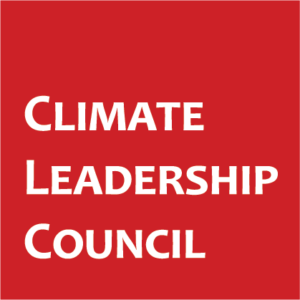





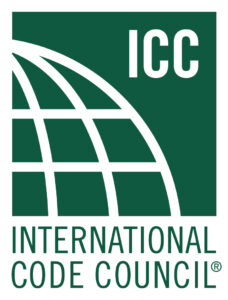
















Market Trends & Factbook
The 2025 edition of the Sustainable Energy in America Factbook provides up-to-date, accurate market intelligence about the broad range of industries that are contributing to the country’s move toward more efficient energy usage and cleaner energy production.

